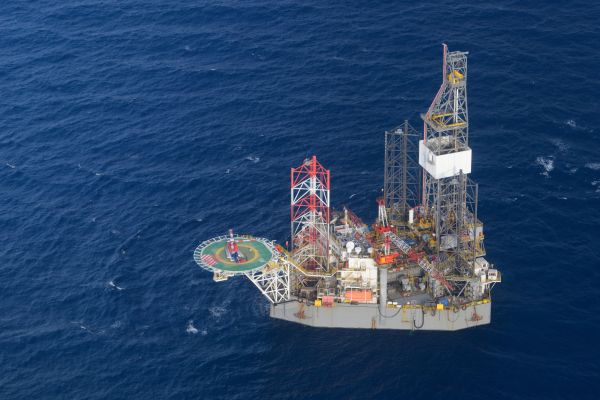On the 9th August Oil and Gas UK released their most recent, newly updated 'Guidelines for Well Operators on Well Examination', a revision of issue 1 of the guidelines which were first published in November 2011.
Our Well Examination expert, Frank Walsh, looks at why this is important and what it means for operators in the UKCS.
Well Examination in the UKCS
In the United Kingdom, as an operator or holder of licenses for hydrocarbons, you are legally obligated to follow regulations given in the current European Parliament EU Directive (2013/30/EU) on Safety of Offshore Oil and Gas Operations which directs Member states to introduce Well Examination into their legislative regimes and requires EU headquartered Operators to adopt the same management standards across their global operations.


Why are these guidelines so important?
In addition to being a major capital investment when it is initially drilled and completed, an oil and gas well will remain a significant engineering asset to you, the operator, throughout its life cycle. In order to ensure maximum availability and performance from it, a well will require condition monitoring and periodic maintenance throughout its life cycle.
Well examination is more than just about reducing risk of uncontrolled leaks and complying with legislation and regulation. There is an onus on the environmental and safety element, as there should be in every aspect of an operation, especially when the outcome of a catastrophic event can be loss of life. However production loss, shut-ins, expensive workovers and the impact on the bottom line also act as a driver in this cost conscious, low oil price era and should be valid incentives for implementing and effectively managing well integrity and well examination programmes.
The updated guidelines provide you with the information and requirements to ensure "that the well is designed, constructed and maintained in such repair and condition that, so far as reasonably practicable, there can be no unplanned escape of fluids from the well and risk to the health and safety of persons from it or anything in it, or in strata to which is connected, are as low as reasonably possible."
Well examination is more than just about reducing risk of uncontrolled leaks and complying with legislation and regulation. There is an onus on the environmental and safety element, as there should be in every aspect of an operation, especially when the outcome of a catastrophic event can be loss of life.
What do these new guidelines mean for you?
Issue 2 of the Well Examination guidelines has been produced by the Oil & Gas UK's "Wells Forum", a formal body comprised of Oil & Gas UK members' representative, including Vysus, Issue 2 has been updated following the introduction of The Offshore Installations (Offshore Safety Directive)(Safety Case, Etc) Regulations 2015 (SCR 2015) – which were introduced by the UK Government to comply with the European Parliament Directive 2013/30/ EU on Safety of Offshore Oil and Gas Operations. SCR 2015 includes additional well examination requirements and consequently a revision of the original Oil & Gas UK Well Examination Guidelines was required, ensuring compliance with UK industry legislation, industry best practise and to ultimately ensure the pressure boundary of the well is controlled by means of suitable well control equipment during the life-cycle of the well.
The Oil and Gas 'Guidelines for Well Operators on Well Examination' can be downloaded here.
Our expertise in well integrity and examination and our Independent Competent Person (ICP) services are comprehensive and trusted by industry, and compliments any pre-existing and long standing third party verification. Contact us for more information on how we can help you understand, quantify and minimise well specific risks.
